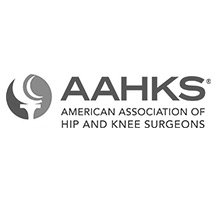Exercise as therapy: its surprising potential to treat people with multiple chronic conditions
People with multimorbidity want treatments that will improve their physical, mental, emotional, and social health. Our research found that exercise may actually be a surprising treatment for those living with multimorbidity, and offer many of these improvements patients want.










